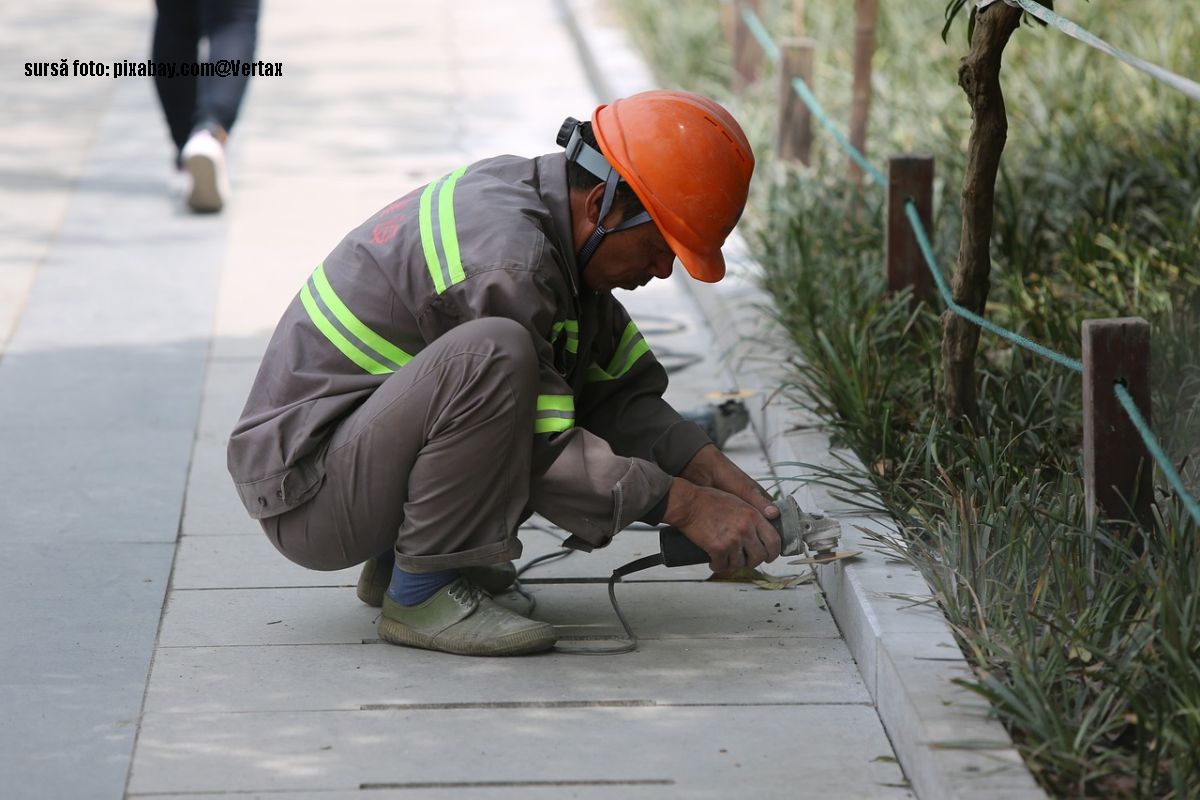Children facing the risk of separation from their families
The perks and pitfalls of working abroad

Luiza Moldovan, 01.02.2023, 14:00
The
Romanian Government as of late has endorsed a bill meant to regulate the prevention
activity targeting children’s separation from their families. The text mainly
deals with the vulnerable communities, in need of permanent support because of that. Such families live on very limited means, which prompts quite a few members of
those families to leave Romania for a better-paid job. But that has dramatic emotional
implications for the children that have been left behind.
Many
parents opt for sacrificing their children’s emotional balance and leave Romania
for a job abroad. Crippled by their parents’ lack of affection, some of the
children develop abnormal patterns of behaviour. They have school problems,
they’re quick to rebel for no reason. The school is unable to manage such crises
and neither are the other members of the family. Upon their return home, the children
the parents find are totally different from the ones they’ d left behind when
they left the country.
And
at this point, the law intervenes, or is supposed to intervene. According to
the Government’s spokesperson, Dan Carbunaru, the bill will enable the
implementation of a set of measures meant to prevent separation. Therefore,
such families will be granted emergency aid. The aforementioned bill is the
foundation act for the National Child Observer. It is an informatics module, to
be included in the National Informatics System. In plain speak, the local
public authorities will be able to access the updated situation of the families
whose children face the risk of separation. The bill also stipulates measures
targeting the rehabilitation of children with disabilities, psychological and psychotherapy
intervention services for these children.
And
that, because our children’s psychological and emotional development should be
treated very seriously. We’re highly likely to run the risk of dragging behind childhood
traumas all our lives. If we don’t do anything about it in time, we’ll find it
even harder to do something about it later.
Psychologists
are capable of telling the fear of separation from the separation anxiety. Elena
Maria Dumitrescu is a psychotherapist in cognitive-behavioural problems. Here she
is, explaining the difference between the separation fear and the separation anxiety.
I believe it is important for us to be able to tell the fear
of separation from the separation anxiety. Ever since we are born, we need
safety, which makes the newly-born and the infant, respectively, to manifest
the fear of separation from the attachment person. The process we all go
through in our early experience is a natural one. The thing is how we go through
that stage, and that is connected to the way significant people in our lives
fulfil our emotional, but also our material needs.
Therefore,
the fear of abandonment is the newly-born and the infant’s greatest fear. The
way the parents express their affection is vital for their balanced development.
We’re
well aware of how vulnerable children in such communities are, given that
parents go at all lengths to be able to face the conundrum: should they first
provide for their children, sacrificing them emotionally, or should they first
give them love but have them feel the pinch and the discomfort or a life in
poverty? So strong may be the ensuing emotional outburst, that nobody is capable
to sort it out.
Psycho-therapist Elena Maria Dumitrescu tells us
how the children’s behaviour may degenerate, when they do not receive their
parents’ affection.
Certain events, but also failing to properly fulfil such needs, can be
perceived by children as unsafety, so they’re sure to move from the fear of separation
to the separation anxiety, thus generating a low-grade control of perceived reality.
You can see that happening with the children who limit their own opportunities
to explore the environment, to develop new abilities, to cope with certain new
challenges or to ask for help. In certain situations, the children are separated
from their families and they will perceive the physical but also the emotional distancing
from people in their lives whom they hold most dear. And that leads up to an
increasingly low tolerance of uncertainty, a mechanism underlying the state of
anxiety and its symptoms.
How
the programs the Government seeks to implement in the vulnerable communities, that
still remains to be seen. For the time being, please note that is the south-eastern
county of Tulcea alone, over 300 children on the brink of separation have been offered
aid through a European project carried by the Romania SERA Foundation. The
figure of 300 exceeds the initially-envisaged number of children, which only
stands proof of the fact that such programs must develop in our country. (EN)






























